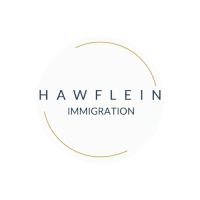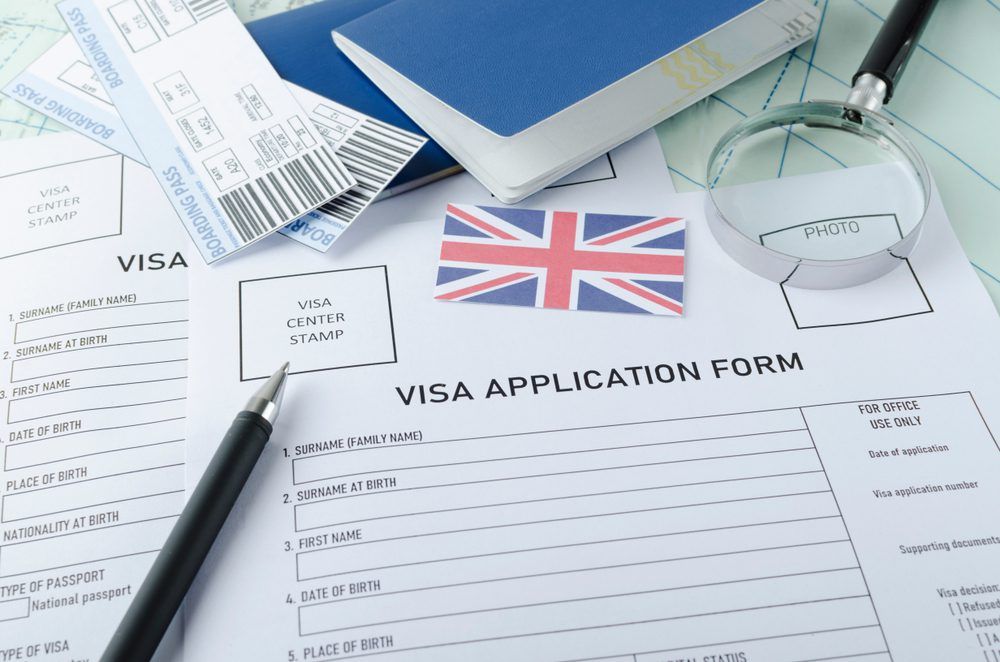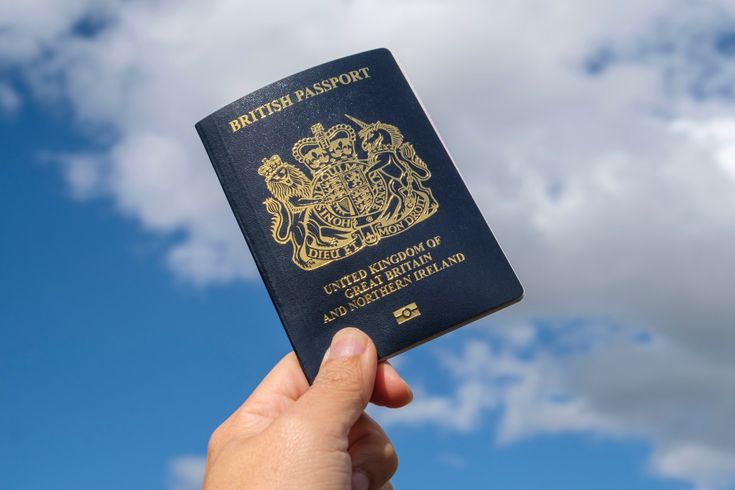Immigrating to a new country is an exciting but complex journey. Unfortunately, many applicants face delays, rejections, or unnecessary expenses because of avoidable mistakes. Whether you’re applying for a work visa, student visa, or family sponsorship, understanding these common pitfalls will save you time, money, and stress. In this guide, we cover the 10 most common immigration mistakes in 2025—and how you can avoid them.
1. Applying for the Wrong Visa Category
One of the most frequent mistakes is selecting the wrong visa type. Each visa has its own requirements, from Australia’s Skilled Migration Program to the UK Skilled Worker Visa. If you apply under the wrong category, your application could be refused—even if you meet other criteria.
How to avoid it: Research carefully, or consult a licensed immigration adviser to ensure you’re applying for the correct pathway.
2. Missing Deadlines
Immigration processes often have strict deadlines for submissions, renewals, and appeals. Missing these dates can mean losing your chance entirely.
How to avoid it: Use reminders and create a timeline of key dates. Many countries, such as U.S. Citizenship and Immigration Services (USCIS), provide official processing times online to help applicants stay on track.
3. Incomplete or Incorrect Documentation
Submitting missing or inaccurate documents is one of the top reasons for visa rejections. Even small errors, like incorrect names or missing translations, can delay your case.
How to avoid it: Double-check all forms and supporting evidence. Countries like Canada publish detailed document checklists—follow them carefully.
4. Overlooking Financial Requirements
Many visa categories require proof of funds to show you can support yourself. Students, for instance, must provide bank statements or sponsor guarantees.
How to avoid it: Review the official financial thresholds for your visa. For example, the UK Student Visa requires proof of funds covering tuition and living expenses.
5. Ignoring Language Proficiency Rules
For skilled worker visas, proving your ability in the local language is often mandatory. Tests like IELTS, TOEFL, or CELPIP are widely used.
How to avoid it: Prepare and schedule your test early. Immigration authorities like IELTS provide guidance on accepted scores.
6. Assuming Temporary Visas Guarantee Residency
Not all temporary visas lead to permanent residency. Many applicants wrongly assume short-term work permits or student visas will automatically transition to long-term status.
How to avoid it: Understand your visa’s limitations. For example, Australia’s Temporary Graduate Visa can lead to further pathways, but it is not a guaranteed route.
7. Neglecting Health and Character Requirements
Most countries require medical exams and police clearance certificates to ensure applicants meet health and security standards. Missing these can delay approval.
How to avoid it: Schedule medical and police checks early. See requirements from Australia’s Department of Home Affairs as an example.
8. Relying on Unverified Advice
Many applicants rely on friends, online forums, or unlicensed consultants, leading to misinformation and costly mistakes.
How to avoid it: Always check official sources like the UK Home Office or Immigration, Refugees and Citizenship Canada (IRCC). If you seek help, ensure the adviser is licensed.
9. Not Preparing for Interviews
Certain visas require interviews, such as U.S. work visas or spouse visas. Applicants often underestimate how crucial preparation is.
How to avoid it: Treat the interview like a job interview. Be ready to explain your background, intent, and plans clearly and confidently. Refer to official guidelines from the U.S. State Department for interview expectations.
10. Failing to Plan Post-Arrival
Immigration doesn’t end with a visa stamp. Many people struggle with integration because they don’t plan for housing, healthcare, schooling, or cultural adjustment.
How to avoid it: Research settlement services in advance. For example, United Nations migration resources and local government agencies provide support for newcomers.
Why Work with Hawflein?
Immigration can be overwhelming, but you don’t have to do it alone. At Hawflein, our team helps clients:
- Select the most suitable visa pathway based on skills, goals, and family needs.
- Prepare complete, accurate, and compliant applications.
- Stay updated on immigration law changes in 2025 and beyond.
- Plan settlement strategies for a smooth transition abroad.
Want to avoid these mistakes and secure your immigration success? Contact Hawflein today for expert guidance tailored to your journey.
Helpful resources:










